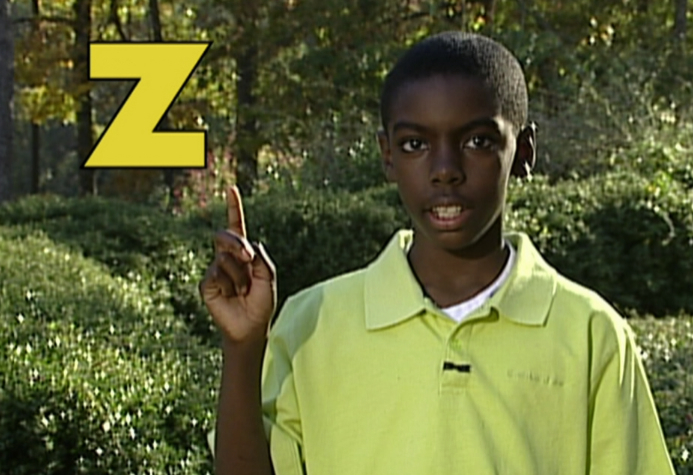MA Standards:
Speaking and Listening/SL.PK.MA.2: Recall information for short periods of time and retell, act out, or represent information from a text read aloud, a recording, or a video (e.g., watch a video about birds and their habitats and make drawings or constructions of birds and their nests).
Foundational Skills: RF.PK.MA.2.c: Identify the initial sound of a spoken word and, with guidance and support, generate several other words that have the same initial sound.
Head Start Outcomes:
Literacy Knowledge/Alphabet Knowledge: Recognizes that the letters of the alphabet are a special category of visual graphics that can be individually named.
Literacy Knowledge/Phonological Awareness: Identifies and discriminates between sounds and phonemes in language, such as attention to beginning and ending sounds of words and recognition that different words begin or end with the same sound.
PreK Learning Guidelines:
English Language Arts/Reading and Literature 7: Develop familiarity with the forms of alphabet letters, awareness of print, and letter forms.
English Language Arts/Reading and Literature 8: Listen to, identify, and manipulate language sounds to develop auditory discrimination and phonemic awareness.
Watch Together: “Words Beginning with ‘z’” (BTL clip)

ELA Focus Skills: Active Listening and Viewing, Phonological Awareness, Vocabulary
Before You Watch
Say the word zero aloud. Ask, What letter sound does the word zero begin with?
- Repeat the word, this time emphasizing the beginning /z/ sound. Tell children you are going to play a short video clip and they are going to hear some other words that begin with the /z/ sound.
- Play the video clip Between the Lions “Words Beginning with ‘z’.” Ask children to listen for the words that begin with the /z/ sound.
After You Watch
After children watch the video, talk about the words they heard that begin with /z/.
- Then watch it again so children can repeat the words with the children on the video.
- Finally, invite children to repeat the following tongue twister, emphasizing the beginning /z/ sound:
Zebras zigzag through zinnias.
Invite children to say the sentence with you, faster and faster until their tongues get all twisted up!
Adaptation: With very young children, you may wish to simply say the alliterative sentence slowly with them and not do the tongue twisting, which might become frustrating for some.
English Language Learners: If English language learners have difficulty understanding the tongue twister, use gestures and pictures to convey the concept as you say the words.
Educator Tip: Guided and independent letter, sound, and word practice continues to take place in center activities. It is helpful to set up the literacy center immediately after the direct instruction and repeat instruction before children work in the literacy center identifying letters.

